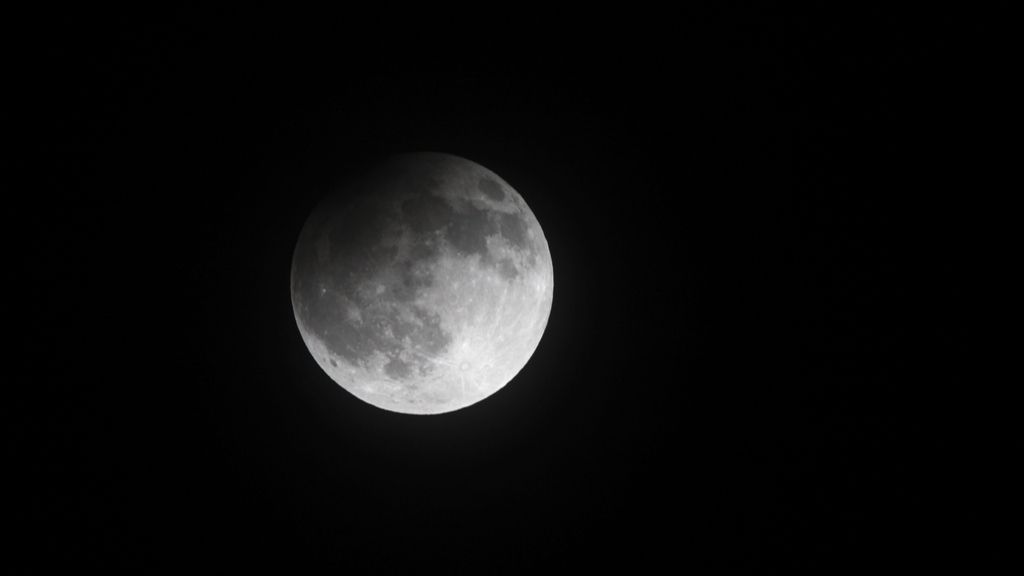How to watch the 'Independence Day' lunar eclipse
By Laura Geggel - Associate Editor 7 hours ago

A partial lunar eclipse, as seen from Bahrain on April 25, 2013.
(Image: © Shutterstock)
Bummed about Fourth of July fireworks being canceled in your area? Don't be: There will be an even bigger celestial treat for skygazers this weekend; a full moon and a partial penumbral eclipse will be visible this Saturday and Sunday (July 4-5).
The timing isn't a coincidence — lunar eclipses can only happen during a full moon. However, unlike the Great American Eclipse of 2017, this eclipse won't be total. Instead, only a faint shadow of Earth will fall on the moon.
The lunar show begins the evening of Independence Day and ends during the early morning hours of Sunday, July 5. Unlike the lunar eclipse that accompanied June's full "strawberry" moon, this eclipse will be visible in most of the U.S., including the lower 48 and Hawaii, but not Alaska.
A partial penumbral eclipse happens when Earth is between the sun and a full moon. Eclipses begin when Earth's shadow falls on the moon, but in this case, the moon won't be passing through Earth's dark, inner shadow, known as the umbra. Instead, on July 4 the moon will go through Earth's outer, lighter shadow, known as the penumbra. (The video below shows a helpful visualization.)
More:
https://www.livescience.com/full-moon-lunar-eclipse-july-2020.html
